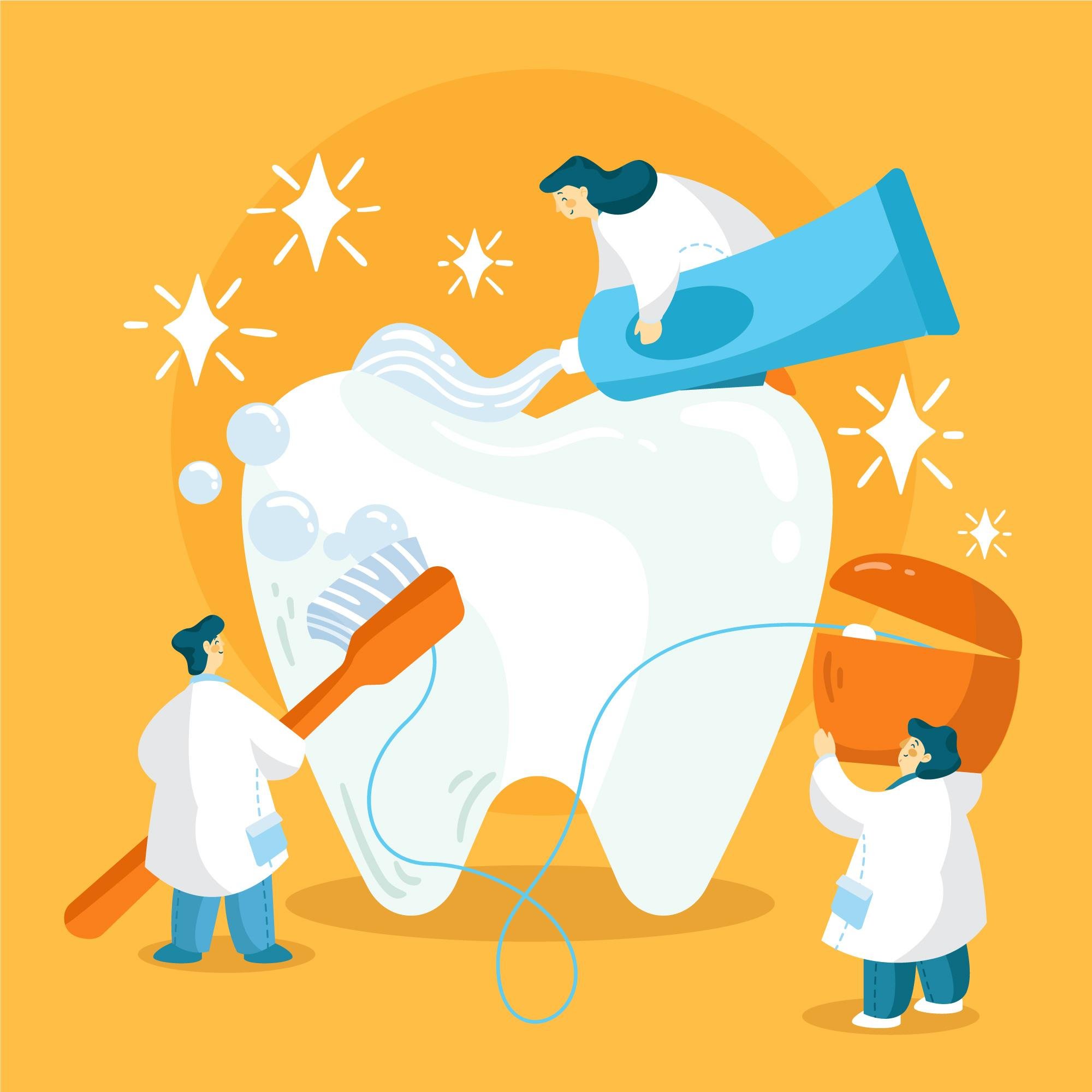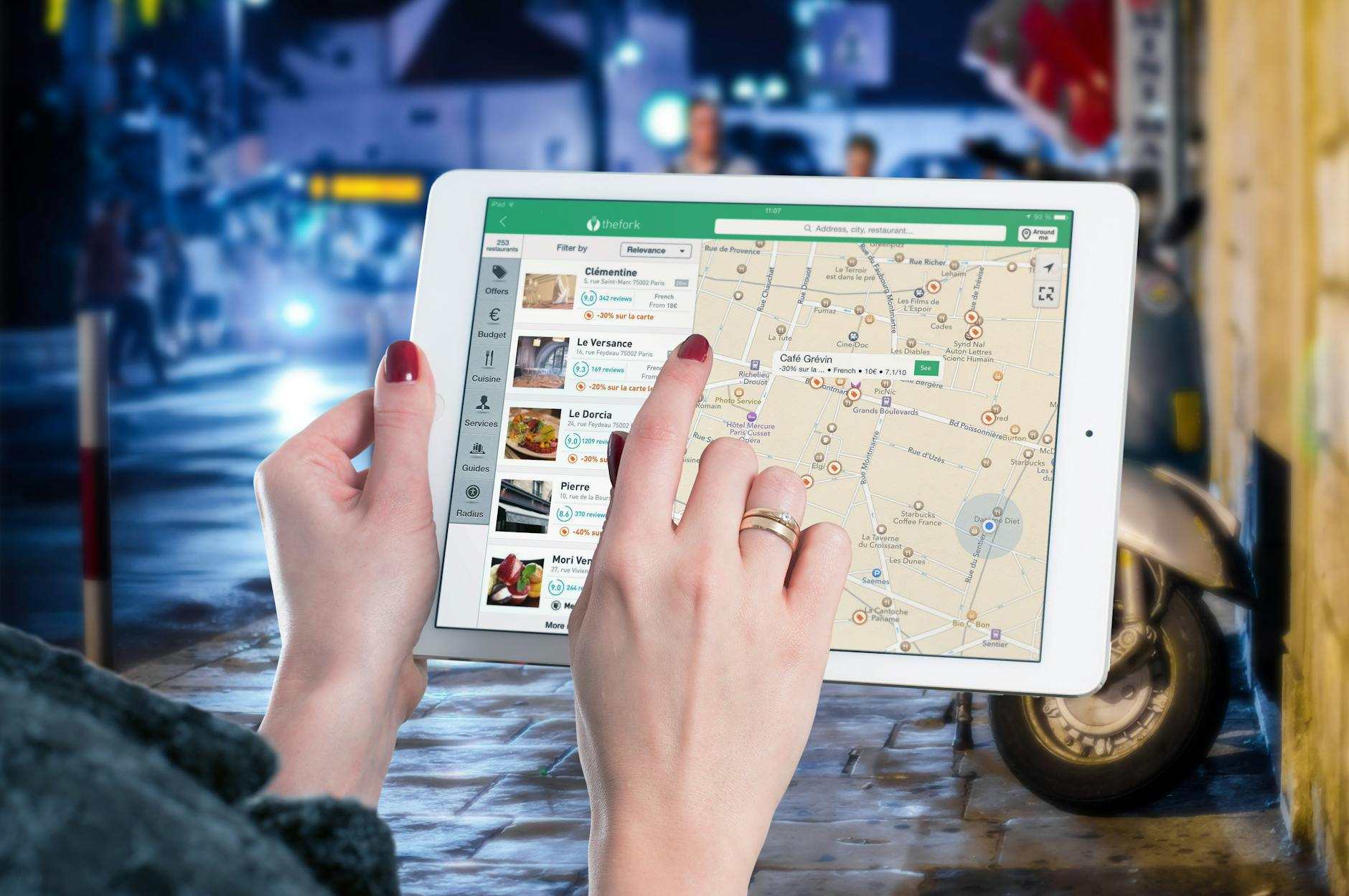Key points: The Ultimate Guide to Teeth Brushing: Why It’s Crucial for Your Oral Health
Maintaining good oral hygiene is essential for overall health, and brushing your teeth is a fundamental part of that process. In this guide, we’ll explore why brushing your teeth is so important, how to do it effectively, and tips for keeping your smile healthy and bright. We’ll also discuss the advantages of using an electric toothbrush.
Contents
Why Is Brushing Your Teeth Important?

- Prevents Tooth Decay and Cavities: Brushing your teeth helps remove food particles and plaque—a sticky film of bacteria. Plaque can produce acids that erode tooth enamel, leading to cavities and tooth decay. Regular brushing helps keep these harmful bacteria at bay.
- Fights Gum Disease: Plaque not only affects your teeth but also your gums. If not removed, it can harden into tartar, causing gingivitis (inflammation of the gums) and eventually leading to more severe gum diseases like periodontitis. Consistent brushing helps prevent gum disease and keeps your gums healthy.
- Eliminates Bad Breath: Poor oral hygiene is a leading cause of bad breath (halitosis). Brushing your teeth and tongue helps remove food particles and bacteria that cause unpleasant odours.
- Prevents Tooth Staining: Daily brushing helps prevent stains from foods and beverages, such as coffee, tea, and red wine. This keeps your teeth looking white and clean.
- Promotes Overall Health: Oral health is closely linked to overall health. Poor dental hygiene can contribute to various health issues, including heart disease, diabetes, and respiratory infections. By maintaining good oral hygiene, you can reduce the risk of these systemic health problems.
How to Brush Your Teeth Effectively
- Use the Right Tools:
- Toothbrush: Choose a toothbrush with soft bristles and a comfortable handle. Electric toothbrushes can be more effective at removing plaque than manual ones.
- Toothpaste: Use fluoride toothpaste to help strengthen tooth enamel and prevent cavities.
- Brushing Technique:
- Duration: Brush for at least two minutes twice a day.
- Angle: Hold your toothbrush at a 45-degree angle to your gums.
- Strokes: Use gentle, circular motions to clean all surfaces of your teeth—outer, inner, and chewing surfaces.
- Tongue: Don’t forget to brush your tongue to remove bacteria and freshen your breath.
- Be Gentle: Brushing too hard can damage your gums and enamel. Use a gentle touch to avoid causing harm to your teeth and gums.
- Rinse Your Toothbrush: After brushing, rinse your toothbrush thoroughly to remove any remaining toothpaste and debris. Store it in an upright position to air dry.
- Replace Your Toothbrush: Replace your toothbrush or brush head every three to four months or sooner if the bristles are frayed. A worn-out toothbrush won’t clean your teeth effectively.
Advantages of Using an Electric Toothbrush
- More Effective Plaque Removal: Electric toothbrushes, especially those with oscillating or rotating heads, have been shown to remove more plaque than manual toothbrushes. This leads to better oral hygiene and a lower risk of gum disease.
- Built-in Timers: Many electric toothbrushes come with built-in timers to ensure you brush for the recommended two minutes. This feature helps improve brushing habits and ensures thorough cleaning.
- Ease of Use: Electric toothbrushes do most of the work for you, making them especially beneficial for people with limited mobility or arthritis. The powered action ensures even those with dexterity issues can brush effectively.
- Consistent Power: Unlike manual brushing, which can vary in pressure and motion, electric toothbrushes provide consistent brushing action. This consistency helps prevent over-brushing and reduces the risk of gum damage.
- Fun for Kids: Electric toothbrushes can make brushing more fun and engaging for children. Many come with features like musical timers, colourful designs, and interactive apps to encourage good brushing habits from a young age.

Tips for Maintaining Oral Health
- Floss Daily: Flossing removes plaque and food particles from between your teeth and under the gumline, where a toothbrush can’t reach.
- Use Mouthwash: An antimicrobial mouthwash can help reduce plaque and gingivitis, freshen your breath, and promote overall oral health.
- Visit Your Dentist Regularly: Schedule regular dental check-ups and cleanings to detect and treat any oral health issues early.
- Eat a Balanced Diet: A diet rich in fruits, vegetables, lean proteins, and whole grains supports healthy teeth and gums. Limit sugary snacks and beverages that can contribute to tooth decay.
- Avoid Tobacco: Smoking and other tobacco products can cause gum disease, tooth loss, and oral cancer. Quitting tobacco use improves your oral and overall health.
By following these tips and maintaining a consistent oral hygiene routine, you can keep your teeth and gums healthy for a lifetime. Remember, a healthy smile reflects a healthy body!



